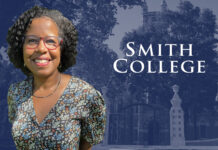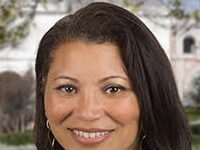 A team of researchers led by neuroscience scholars at the University of California, Berkeley has built a computational model that can predict the degree to which we discriminate against one another based on our stereotypes of groups according to their perceived warmth and competence.
A team of researchers led by neuroscience scholars at the University of California, Berkeley has built a computational model that can predict the degree to which we discriminate against one another based on our stereotypes of groups according to their perceived warmth and competence.
One part of the study involved analyzing the results from the classic “Dictator Game” in which a participant is given $10 and asked to decide how much of it to give to a counterpart. The researchers found that people gave widely disparate amounts based on just one piece of information about the recipient (i.e., occupation, ethnicity, nationality). They categorized each stereotype along two dimensions: those that relate to a how nice a person is seen to be and those that relate to how smart a person is seen to be. The researchers found that participants were more likely to give money to people perceived as friendly and less likely to give money to people perceived as competent.
Another part of the study examined a Canadian labor market study and found a huge variation in job callbacks based on the perceived race, gender, and ethnicity of the names on resumes. The researchers found that the perceived warmth and competence of the applicants could predict the likelihood that an applicant had received callbacks. Similar results were found when the team examined a United States study on how professors responded to mentorship requests from students with different ethnic names.
“The way the human mind structures social information has specific, systemic, and powerful effects on how people value what happens to others,” the researchers wrote. “Social stereotypes are so powerful that it’s possible to predict treatment disparities based on just these two dimensions (warmth and competence).”
The full study “Predicting Human Behavior Toward Members of Different Social Groups” was published in the Proceedings of the National Academy of Sciences and can be accessed here.












